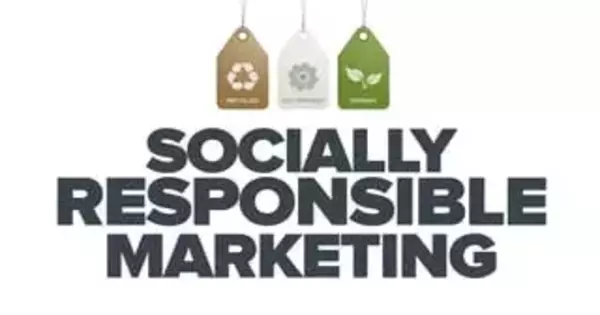Socially responsible marketing is a strategy that aims to promote products or services in a way that is socially responsible and ethical. This approach emphasizes on creating value not only for the customers but also for society and the environment.
Socially responsible marketing typically involves incorporating social and environmental considerations into the marketing mix. For example, companies may choose to use environmentally-friendly packaging, ensure their supply chain is fair and ethical, or donate a portion of their profits to charitable causes.
Social responsibility marketing is a marketing strategy that aims to attract customers who want to support a cause or make a positive change through their purchasing decisions. It entails publicizing your corporate social responsibility (CSR) efforts, such as making donations, volunteering for a cause, upholding ethics, implementing sustainable practices, and supporting communities, among other things. It is a marketing philosophy that a company should consider: “What is best for society in the short and long term?”
Overview
Socially responsible marketing is critical of excessive consumerism and corporate environmental damage. It is based on the notion that market offerings should not only be profit-driven, but also reinforce social and ethical values for the benefit of citizens.
Socially responsible marketing is sometimes considered an extension of the concept of Corporate Social Responsibility (CSR). CSR is promoted as a business model to assist companies in self-regulation, recognizing that their activities have an impact on a variety of stakeholders, including the general public. CSR is sometimes described as a pyramid, with economic activities at the bottom and legal, ethical, and philanthropic activities at the top. Socially responsible marketing opportunities appear to be greatest in the last two layers of the CSR pyramid, ethical and philanthropic. Meeting the first two layers, economic and legal, is required for a business to thrive before engaging in the subsequent two.
Benefits
The benefits of socially responsible marketing are manifold. It can help a company build a positive reputation, improve customer loyalty, and attract socially conscious consumers. It can also contribute to the betterment of society and the environment, which is increasingly important in today’s world.
However, it’s important for companies to ensure that their socially responsible marketing initiatives are genuine and not just a form of “greenwashing” or “cause washing” – which means making false or exaggerated claims about the social or environmental impact of their products or services. This can be achieved by being transparent about the company’s practices and initiatives, and by regularly reporting on progress toward social and environmental goals.
















